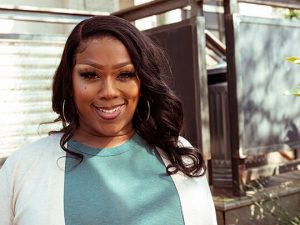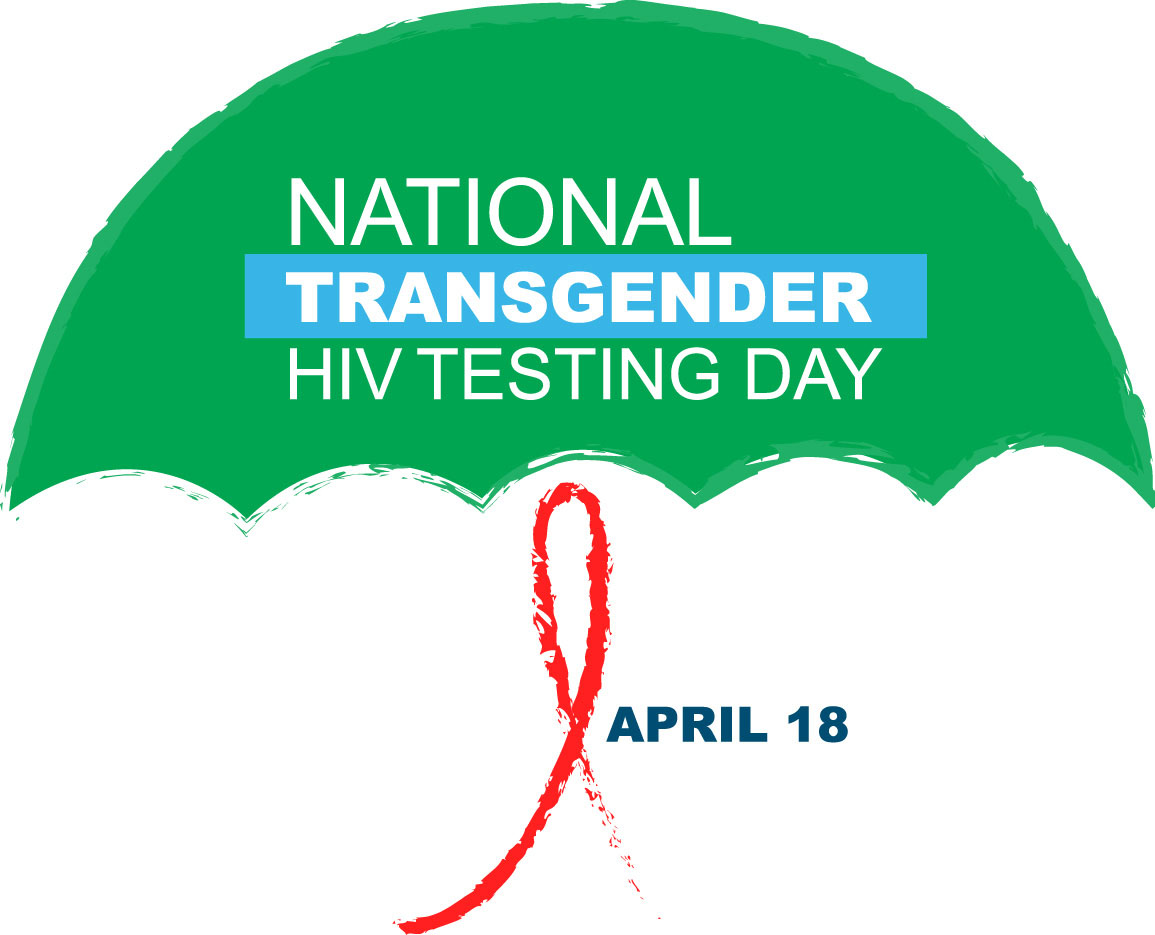This content originally appeared on hiv.gov. View the full article here.
By: Toni Bryce, Actress, HIV Activist, Community Health Outreach Worker
April 15, 2021 – Knowing our HIV status is particularly important for women of trans experience, something we are reminded of annually when we observe National Transgender HIV Testing Day (NTHTD) on April 18.

The HIV rates among transgender women are greater than those of other women. In order to use prevention tools such as PrEP medication or to start the path towards “Undetectable=Untransmittable” or U=U through HIV treatment, knowing your status is key.
I started in HIV prevention and outreach in 2010 during my freshman year in college. As I became involved in community health outreach, I found that many community-based organizations (CBOs) focused on men who have sex with men (MSM), and don’t include people of transgender experience in the identity, mission, or vision of their organizations.
This lack of representation and reluctance by CBOs to include us in their identity is one of the many barriers people of trans experience face. This keeps us from feeling empowered to lead and shape efforts around HIV testing, prevention, and treatment. I felt compelled to get involved because if we don’t do it, who’s going to do it and accurately reflect our experiences?
One of the ways for organizations at the ground level to break down these barriers is to consider who your health outreach workers are. Are they inclusive of all of those you’re trying to serve? Hire people who look like the population you are trying to reach.
CBOs also need to be more aware of the language they use which may be triggering or offensive to people of trans experience, or make them feel excluded and, therefore, less likely to seek services such as HIV testing. For instance, I am a black woman of trans experience. I may be of trans experience, but when you meet me, you meet me at my intersection of race and gender, and you’re going to see a black woman first.
Fear and stigma keep many of us from getting tested for HIV. Many think, “If I go and get tested, and the results come back positive, my life has changed.” That forces them to deal with the way they live, and many are not ready for that. However, this also keeps someone from using HIV prevention medication to protect themselves or from getting into treatment if they have HIV.
Many people of transgender experience are involved in sex work. My trans siblings who go “on tour,” or travel to work, should consider HIV self-testing since it allows them to get tested and receive their results wherever they happen to be. You can buy a self-test kit at a pharmacy or online, or your health care provider may be able to order one for you. Some local health departments or CBOs also provide self-test kits for free.
HIV not only heavily impacts women of trans experience, it particularly affects those of us who are Black and Latinx. There are also social factors such as economics and homelessness. No matter who you are or what your situation, you can find HIV services to help, which again starts with testing. There are programs such as Ready, Set, PrEP if you don’t have prescription drug coverage, as well as other patient assistance programs to help pay for lab costs, medication, and care visits.
This NTHTD, let’s all commit to being more inclusive of people with trans experience in the larger effort to end the HIV epidemic. I encourage you to engage my community, my trans siblings, and create more opportunities for their HIV education, testing, prevention, and awareness.
To my community members, protect yourselves, and hold yourselves accountable and responsible in any consensual situation, and think about you first. Make sure you’re doing what you can to educate yourself, use protection, and get tested. Knowing your status allows you to get the appropriate HIV care for you.

